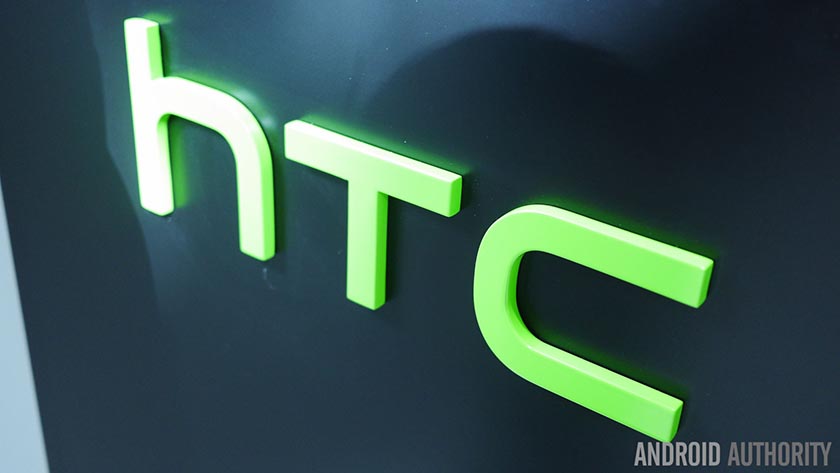- HTC announced it will lay off 22 percent of its workforce.
- The company said the layoffs will further its plans to bring its smartphone and VR businesses under common leadership in each region.
- The layoffs are representative of HTC’s ongoing financial troubles.
Time has not been kind to HTC as the once-mighty smartphone company struggles to make ends meet while it borders on irrelevancy. That struggle continues today when Reuters reported that HTC laid off 1,500 employees from its Taiwan manufacturing division.
According to HTC, the layoffs “will allow more effective and flexible resource management going forward.” The company also said the layoffs would be completed by the end of September and would further its plan to put its smartphone and VR businesses under one roof in each region.
However, the layoffs downsize HTC’s overall workforce by 22 percent. This is a significant reduction for a company that wants to get back on the road to profitability.
June 26: @htc says it will return to profitability this year
July 2: @htc says it will cut its Taiwan workforce by 1,500 people (about 22% of total employees)— Samson Ellis (@samsonellis) July 2, 2018
Keep in mind that the laid off 1,500 employees are separate from the 2,000 employees that HTC shipped off to Google in September 2017. Nonetheless, today’s layoffs is the latest indication of HTC’s financial troubles.
The company’s 2017 was one to forget, since its overall revenues were the lowest it recorded in the past 13 years. Things did not improve in Q1 2018, when HTC reported a 43.4 percent slide in revenues from Q1 2017 and a 55.4 percent drop from April 2017.
HTC did collect $1.1 billion when it shipped employees to Google, but those employees made up the half of the company’s research and development team that was in charge of the original Google Pixel and Pixel XL. That sale put much-needed money in HTC’s pockets, but it also sent mixed signals that the company might be on its way out.
To its credit, HTC announced that it would make strategic investments in emerging technologies to help right the ship. We have heard that rhetoric in 2012 and 2017, however, and the company did not specify what it meant by “strategic investments.”
It also does not help that the U12 Plus is not off to a great start. As good of a phone the U12 Plus is, it does not surpass the competition in any meaningful way.
It is a sad state of affairs, particularly for veteran Android fans. Keep in mind that HTC was at the top of its game seven years ago and was the fifth-largest smartphone maker in the world. Now, the company does not even crack the top ten.
from Android Authority https://ift.tt/2tMgPEb
via WixxSid




